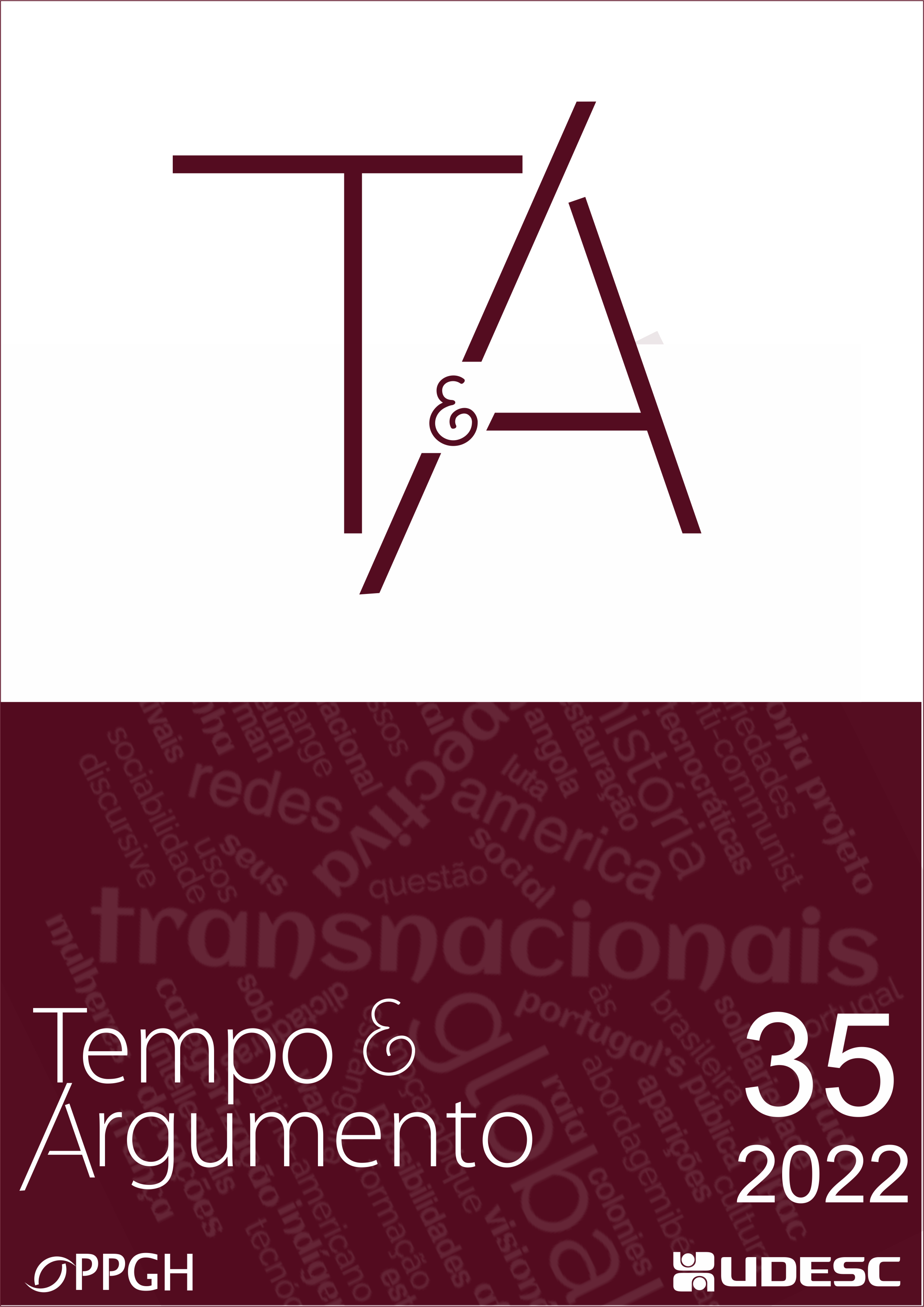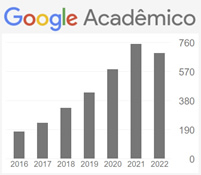Aparições e Devoções Marianas: a formação de uma cultura visionária em Portugal e seus usos no projeto de Restauração Católica (1917-1950)
DOI:
https://doi.org/10.5965/2175180314352022e0105Resumo
As narrativas sobre as aparições marianas marcaram parte dos projetos dos membros da Igreja Católica na primeira metade do século XX. A partir da formação de uma cultura visionária, em Portugal os eventos foram utilizados para a reação ao laicismo e anticlericalismo instituído após a implementação da República. Neste sentido, com as propostas da História Cultural das Religiões, analisamos como os eventos marianos foram importantes para os projetos transnacionais de eclesiásticos e intelectuais entre 1917 e 1950. Para isso, utilizamo-nos de materiais da imprensa, documentos religiosos e memórias dos personagens, com o objetivo de compreender as narrativas em torno dos eventos religiosos. Deste modo, consideramos que parte da hierarquia eclesiástica colaborou com a formação de uma rede visionária, com projetos em diferentes espaços territoriais, fundamentais para a reafirmação das ideias religiosas no recorte temporal estabelecido.
Palavras-chave: Aparições Marianas; Histórias Transnacionais; Século XX.
Downloads
Downloads
Publicado
Como Citar
Edição
Seção
Licença
Copyright (c) 2022 Tempo e Argumento

Este trabalho está licenciado sob uma licença Creative Commons Attribution-NonCommercial 4.0 International License.
Os artigos cujos autores são identificados representam a expressão do ponto de vista de seus autores e não a posição oficial da Tempo e Argumento.





